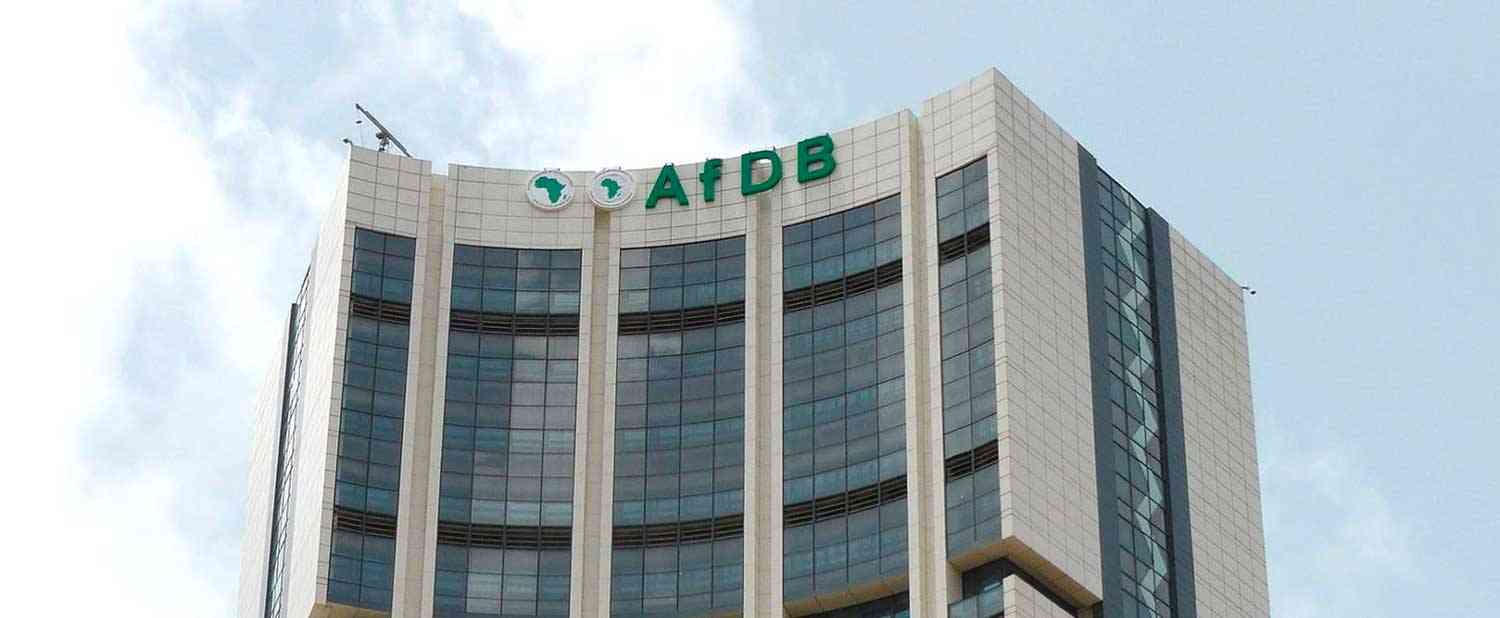
BY TANYARADZWA NHARI
RESERVE Bank of Zimbabwe governor John Mangudya, moved to calm market jitters over the announced exit of Standard Chartered Bank on Friday, saying the bank remained stable and profitable, even as it planned to leave the country.
The RBZ chief said following an announcement by its London based parent, Standard Chartered Bank Plc last week that it was planning to exit Zimbabwe, the local unit had formally advised the central bank of the plan.
Standard Chartered Plc said it would be divesting from six markets across the globe including Zimbabwe.
Under the strategy, the bank said it would be devoting more resources to viable markets.
Stanchart’s move followed the exit by peers, Barclays Bank five years ago, citing a change in focus.
Barclays has rebranded to First Capital Bank after a takeover by a Malawi-based financial services outfit.
A strategy for Stanchart’s exit has not been laid out yet, but given the bank’s influential role in Zimbabwe, reports of its exit had left markets in jitters, which normally trigger running on bank.
- Chamisa under fire over US$120K donation
- Mavhunga puts DeMbare into Chibuku quarterfinals
- Pension funds bet on Cabora Bassa oilfields
- Councils defy govt fire tender directive
Keep Reading
Mangudya said despite the pending exit, the bank would continue operating in Zimbabwe until a plan is laid out.
“The Reserve Bank of Zimbabwe wishes to advise the public that, Standard Chartered Bank Zimbabwe Limited has formally advised that the Standard Chartered Bank Group has made a decision to divest of its business interests in Zimbabwe,” the central bank chief said.
“Standard Chartered Bank Zimbabwe Limited has advised that the divesture from some countries in the Middle East and Africa, including Zimbabwe is in line with the group’s new business model and strategic repositioning.
“While the divesture will result in change of ownership and control of Standard Chartered Bank Zimbabwe Limited, the latter, which is currently adequately capitalised, liquid and profitable will continue to operate normally under purview of the bank.”
Ahead of the announcement, Stanchart had long courted rebuke from some sections of the Zimbabwean society, which felt it had become irrelevant to the domestic landscape as its loans to the private sector, where it used to play a key role in funding agriculture, were declining.
“For a financial institution with international shareholding, they could not continue to finance the agriculture sector because it has become famous for politically driven programmes with little transparency and accountability,” retail banking expert, Taisa Tshuma said on Friday.
“Record high inflation and unstable microeconomic fundamentals made the business of lending risky.
“Standard Chartered Bank is not the first international banking brand to leave Zimbabwe.
“In 2017, Barclays Bank left citing a strategic plan to focus on the United States and UK markets.
“The closure of businesses in any country should be a concern to the government as that can be interpreted as an unconducive business environment.
“Even if an argument is made that others in similar operations are doing fine, the departing business is letting you know that the effort needed to stay is no longer worth it.”
A few days before Stanchart announced the exit, the US based Fraser Institute had painted a gloomy picture of the investment climate.
The government has argued that it is not only Zimbabwe that has been affected by the divestures.
But it is also fact that Zimbabwe is among a few countries that have been battered by extensive capital flight due to a deteriorating economic crisis.
In the past decade, bank deposits have shrunk to frightening levels.
Retail banking has been hammered by extensive job cuts, which means less and less individuals qualify for loans.
But even if they do, there has been no guarantee for banks that they recoup their funds.
This is why non-performing loans hit the roof, at over 20% a few years ago.
They have since declined to 0,3% recently after banks adopted a cautious lending regime.










